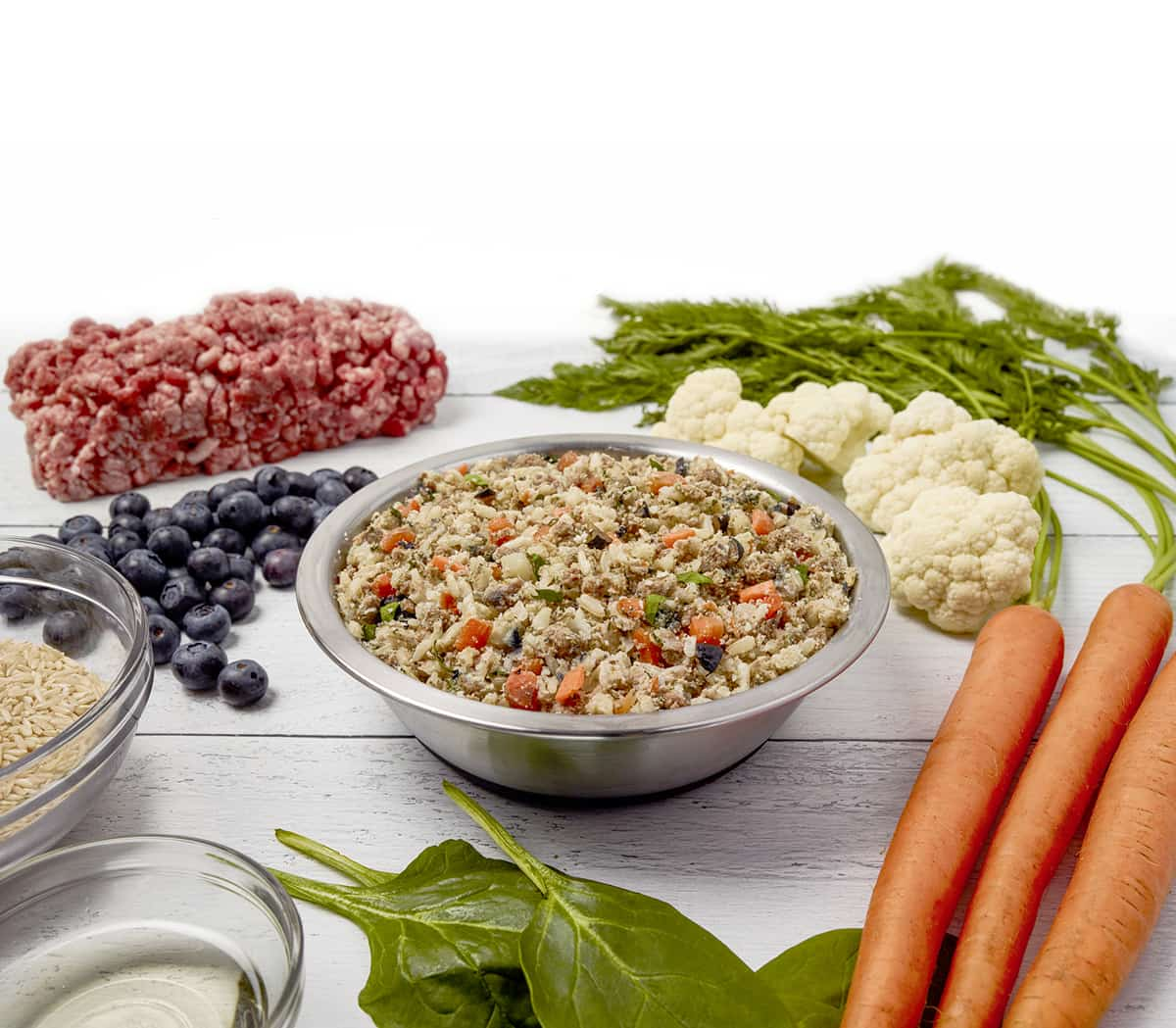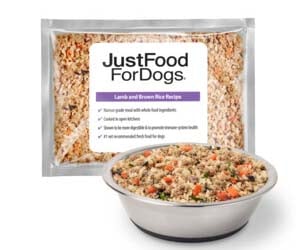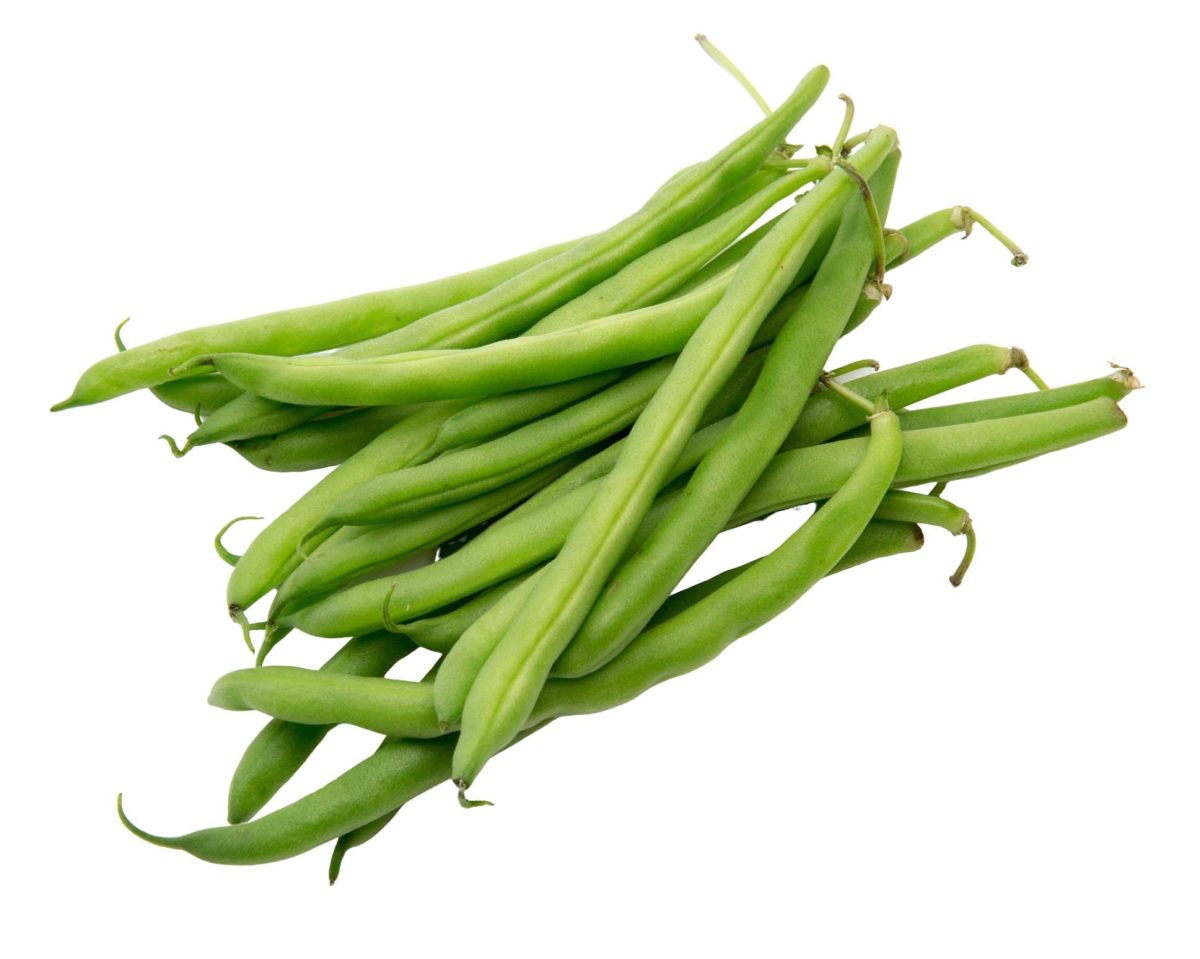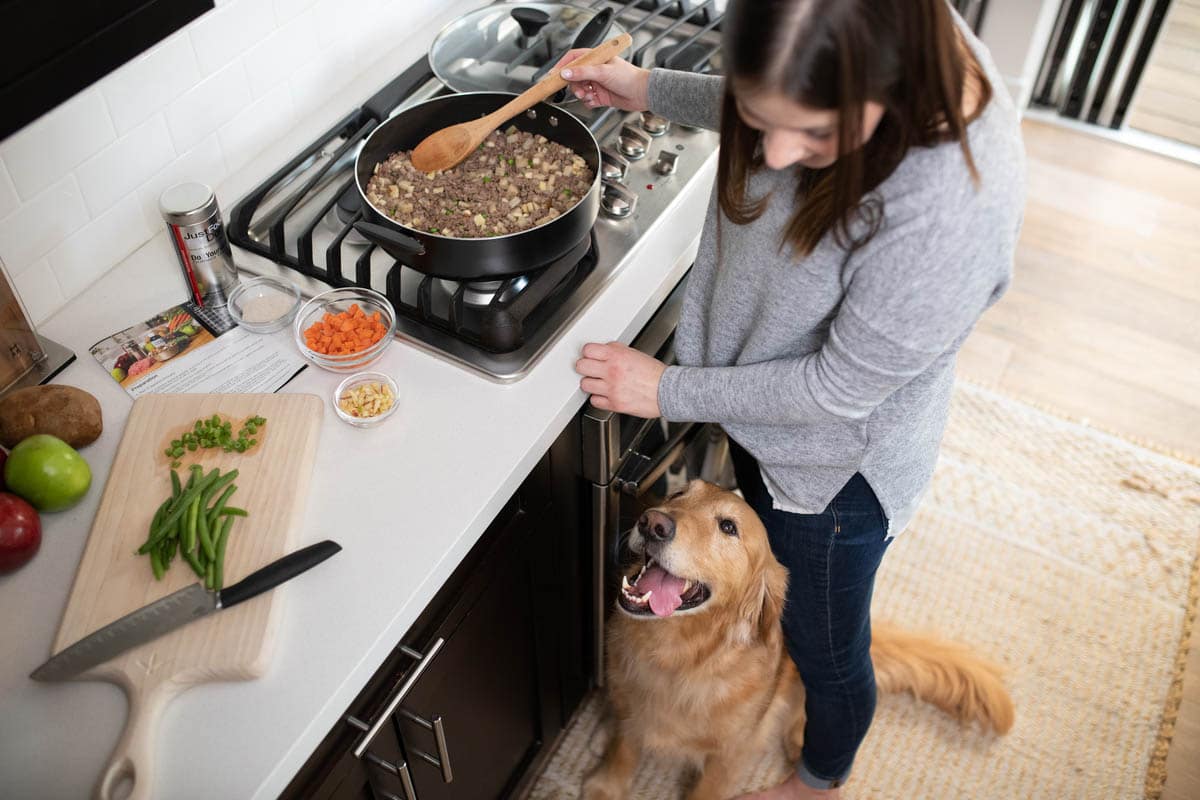Is Lamb Good for Dogs with Allergies?
Novel proteins like lamb could be beneficial to dogs with allergies. Here's what to consider when looking for high-quality lamb dog food.
By Jen Philips April
Picture your dog. Is your pup scratching excessively or having gastrointestinal issues? It could be allergens. If sensitive stomachs are a frequent issue, then it may be time to address your pup’s food.
You probably know how difficult it can be to diagnose food allergies. You can try blood or saliva tests, but the specialists at Tufts Veterinary School say they’re often inaccurate. Yet, if your dog has chronic skin conditions or tummy troubles, it may be related to your dog’s diet.
Of course, allergies of any kind negatively impact your dog’s overall health. They can make your dog feel bloated and lethargic. In some cases, your dog may have respiratory problems. What’s a pet parent to do? Give your dog’s body a break from potential allergens.
You can feed your dog a limited-ingredient diet for a few weeks to help your dog’s body settle. Lamb is a great source of protein and good alternative to common protein sources that may help your dog feel better.
The Benefits of Lamb for Dogs

For many dogs, lamb is a novel protein. That’s because most dog food includes meat sources like chicken, beef, or fish. Any of those are fine protein sources unless your dog has a protein allergy to one of them. While it’s tough to drill down to specific food sensitivities, changing dog food can help your dog feel better.
From picky eaters to sensitive stomachs, lamb meat can be an excellent high-quality protein source. If needed, it can also help perk up your dog’s appetite because it’s a new flavor. Lamb is packed with omega-3 fatty acids, antioxidants, vitamin B12, niacin, and essential amino acids like taurine for supporting overall health.
Additionally, you should work with your veterinarian to get to the source of the allergy. But in the meantime, a limited-ingredient diet may help weed out the source of the allergy.
Potential Considerations of Lamb for Your Dog
Before you choose the ingredients for your dog’s limited-ingredient diet, it’s important to identify a few parameters.
- What are your dog’s allergy symptoms?
- How long has your dog exhibited these symptoms?
- Can you trace them to anything specific? New surroundings? New food?
- What’s the primary protein source in their current dog food? How long have they eaten it?
- Are you feeding kibble or fresh food?
- Has your dog eaten lamb before?
Once you’ve defined these, you’ve set the stage for your dog’s health rebound. Next, you dog owners can implement experiments to find a healthy dog food that fits their dog’s needs.
Try a Limited-Ingredient Diet

Removing the allergens can significantly impact your pet’s overall health. The best way to narrow the culprits is with a limited-ingredient diet (under the advisement of your DVM or veterinary nutritionist).
Switching to a lamb-based food with limited ingredients for a few weeks removes the potential allergens and makes a tremendous difference in your pet’s overall health.
It’s easier to tell what causes the allergic reactions without a bunch of filler ingredients. For example, lamb dog food with brown rice and veggies is healthy and delicious. Since there are fewer ingredients in your dog’s food than with typical kibble, you can watch your pup’s behavior and make notes over the next few days.
You’ll know once you switch foods or animal protein if your dog shows a reduction in itchy skin, digestive problems, and other allergy symptoms. You’ll know from the lack of paw chewing, the change in stool size, and there may be a new bounce in your pup’s step. These are all signs that your dog is feeling better.
What are Dog Food Allergies?
In general, allergies are the body’s immune system gone haywire. Instead of protecting your dog’s body like it’s supposed to, the immune system starts attacking something that’s typically safe. For example, your dog could have a food sensitivity to wheat or soy. I’ve even heard of dogs experiencing allergic reactions to beef, chicken, or fish. Virtually anything can cause an allergic reaction if your dog is susceptible.
The only thing pet parents can do is remove the offending ingredient if possible. That’s why limited-ingredient diets make sense because you can’t gauge what ingredients make your pup suffer unless you make a radical change.
Once you’ve cut back to the essentials, you know your dog is enjoying a meal without any fillers or preservatives. Novel proteins like lamb or venison make good protein sources. Additionally, some pet parents cut out wheat during this new diet because some dogs have a wheat or gluten sensitivity. Many dry dog food uses wheat as filler ingredients to bulk up the food.
During this elimination period, you want to ensure your entire household is on board. If someone else is slipping treats or other food to your pup, that’s going to skew the results.
So call a house meeting, explain the plan, and watch for improvement in your dog’s skin, coat, and overall well-being.
How to Choose The Best Dog Food for Your Dog
Firstly, The best dog food is the one that contributes to your dog’s overall health and well-being. That said, it can take some trial and error, yet there are a few guidelines for pet parents.
Check the ingredients list. Because food manufacturers list ingredients by volume, you want to see a protein source as the first ingredient. So, if you’re feeding lamb dog food, lamb should be the first ingredient. After that, you might choose vegetables and rice as the additional ingredients. You don’t want to see a lot of fillers or preservatives to your dog’s diet.
Always watch your furry friend’s behavior after eating. If they’re having gastrointestinal issues, excessive itchy skin, breathing problems, or generally seem “not themselves,” it could be related to a specific food sensitivity.
Like us, if your dog’s body’s built up a sensitivity to an ingredient, it’ll make them feel terrible when they eat it. If that sensitivity is within their regular food, then every time they eat, they’re inhaling more of the allergen.
That’s why a limited-ingredient diet is an excellent way to reduce or eliminate potential allergens. Implement it, note the results, and follow up with your veterinarian.
If you’d like to try prepared lamb dog food from the largest-scale humane feeding trial by a pet food company, try JFFD lamb pet food. No fillers or unnecessary byproducts. Just whole foods to boost your dog’s health. It’s ideal for adult dogs and senior dogs with smaller appetites.
Your dog’s health starts with a nutritious diet based on a good source of protein.
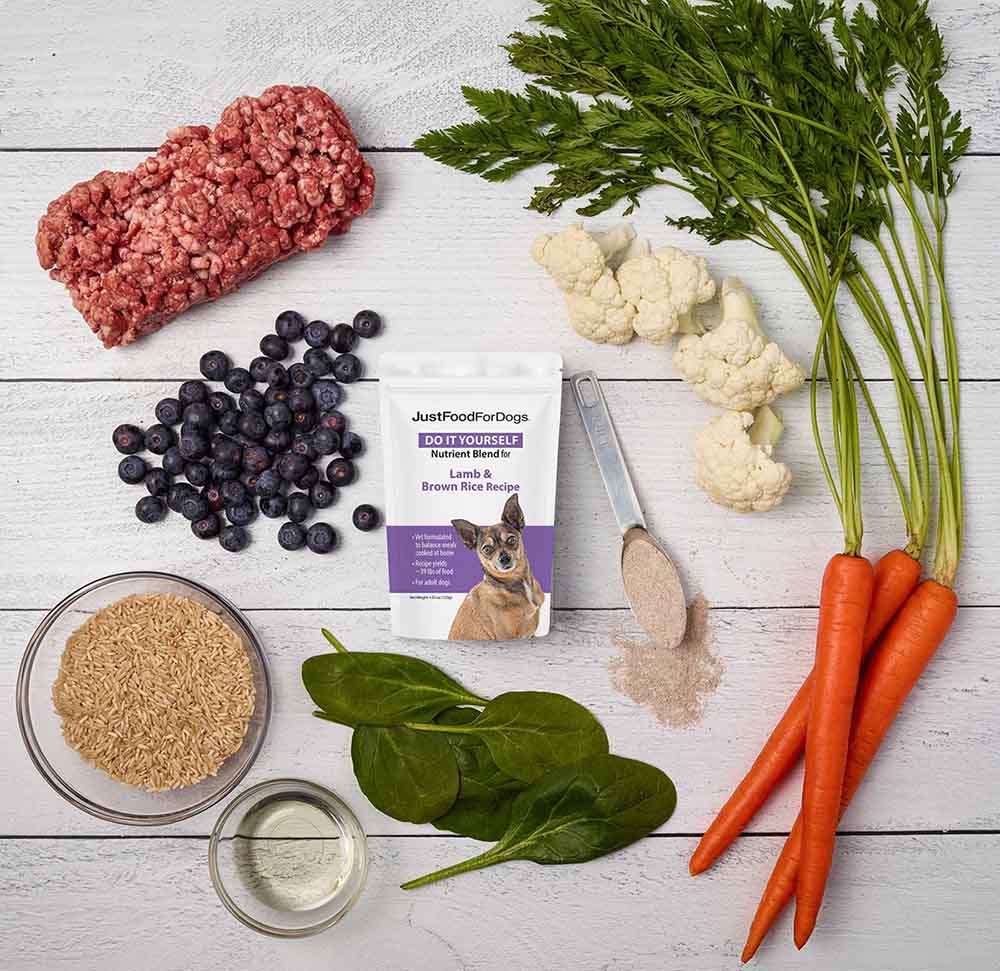
This content is for informational use only and does not replace professional nutrition and/or medical advice, diagnosis, or treatment. It is not a substitute for and should not be relied upon for specific nutrition and/or medical recommendations. Please talk with your veterinarian about any questions or concerns.
